What is Biodynamic Agriculture: Demeter Foods
Biodynamic Agriculture is another type of alternative agriculture that, like Permaculture, Natural Agriculture or, the best known, Ecological Agriculture, tries to obtain food through practices that ensure biodiversity and the conservation of soil and other natural resources in the long term..
Like Organic Agriculture, Biodynamic Agriculture also has a differentiated or certified quality seal: the DEMETER seal. Demeter Foods, as we will see in today’s post, have an assured certified quality and come from a type of agriculture that respects the environment.
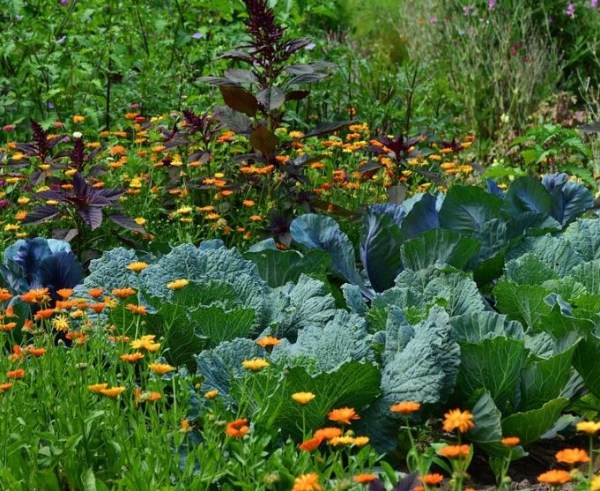
What is biodynamic agriculture?
I don’t know if the name of its initiator will ring a bell: Rudolf Steiner (1861-1925), but this Austrian was a scholar of the time, a philosopher, scientist and artist who created Anthroposophy. The ramifications of this philosophical theory also extended to sociology, pedagogy, medicine, architecture, art and agriculture (hence Biodynamic Agriculture arose).
The biodynamic method seeks the exaltation of natural vital forces, such as soil fertility or the beneficial properties of many natural products. The ultimate goal is to achieve an ecologically oriented agriculture: one that develops the principles of diversification, recycling, exclusion of chemical products and decentralized production, that is, local production, distribution and sale of food, and not globalized and industrial production at the one we are used to.
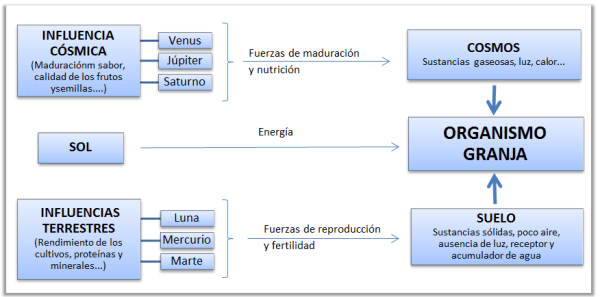
The «farm organism»
The basis of Biodynamic Agriculture is the creation of an agricultural organism (the “farm organism”) that is in harmony with its habitat. Consider that the plants that are part of it, like the rest of living beings, are influenced by external forces: astrological, terrestrial influences, homeopathic effects of different substances, etc.
Steiner considers the agricultural farm or farm organism as a closed organism but influenced by the Cosmos and by the soil, and whose development depends, to a large extent, on its relationship with a set of energies, forces and natural tendencies, as outlined in the following image:
Biodynamic Agriculture: principles and practices
There are some practices, such as the use of biodynamic preparations, that are specific to this type of agriculture, and other techniques that will already be familiar to you because they are common with some of the other agroecological currents. The most important ones are:
- To determine the time of sowing, planting or harvesting, the so-called «biodynamic calendars» are followed, set according to astrological rhythms, which specify the most favorable days and hours for these tasks.
- If biodynamic agriculture is practiced, special interest should be shown in the selection of seeds, to choose those that, by their nature, present better biological quality, resistance to pests, adaptability to soils, climate, etc. A good option is the use of seeds of local varieties, which adapt better and favor biodiversity, among many other benefits.
- Crop rotation and plant association are basic techniques for pest, disease and weed control in biodynamic agriculture.
- The soil is tilled to open it up and make it more receptive to the energies of the Cosmos.
- The organic fertilization of the soil is a key aspect for the proper development of crops, so the use of fertilizers, such as compost, is essential.
- Also with the aim of fertilizing and «vivifying» the land, biodynamic preparations are made and applied to the substrate or compost: products made up of concentrated manure, compost, homeopathic substances and other vegetable, animal and mineral substances supposedly exposed to specific natural rhythms. These preparations play a fundamental role in biodynamic practices and their objective is to promote vital processes within the farm or orchard and between it and its surroundings. They are used for their dynamizing action on the soil and their richness in beneficial bacteria and trace elements, which is why they collaborate in the prevention of pests and diseases and make crops stronger and more resistant.
biodynamic preparations
Biodynamic preparations can be of two types: «compost preparations» and «field preparations», which are sprayed on the soil and crops. There are six of the first (referred to as numbers 502 to 507) and they are added to organic fertilizer to improve its properties.
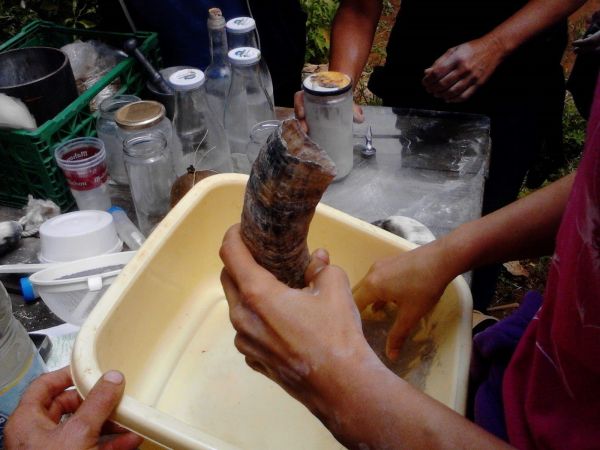
There are two field or spray preparations: preparation 500 («horn manure») and preparation 501 («horn silica»), which are sprayed on the ground. The homeopathic effects of these two substances stimulate the fertility forces of the soil and the maturation and nutrition forces of plants, respectively.
If you have been amazed by the methods and techniques of Biodynamic Agriculture, you can learn more about it on the page of the Association of Agr. Biodynamics of Spain, although we will dedicate other articles to talk about preparations and biodynamic compost.
Biodynamic foods with a seal of quality: DEMETER foods
The biodynamic movement was the first to distribute and market foods with certified nutritional quality and production practices under a registered trademark. DEMETER is the name of this certification that was born in 1928, and there is currently a worldwide network of individual organizations (www.demeter.net) that market products with this seal.
In 1997, the Demeter Association was created, which has more than 3,000 operators from more than 40 different countries, and whose objectives are the production and marketing of certified foods, but also the continuous review of the Demeter Production and Processing Standards, marketing strategies, and certification in countries that do not have their own system.

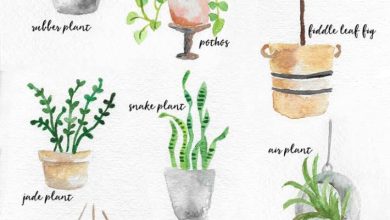

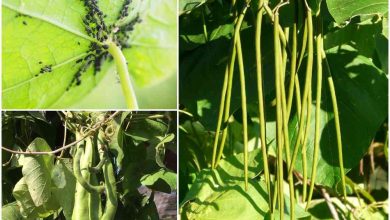
![Photo of Azaleas: [Planting, Care, Irrigation, Substrate and Diseases]](https://www.complete-gardening.com/wp-content/uploads/2022/08/azaleas-planting-care-irrigation-substrate-and-diseases-390x220.jpg)